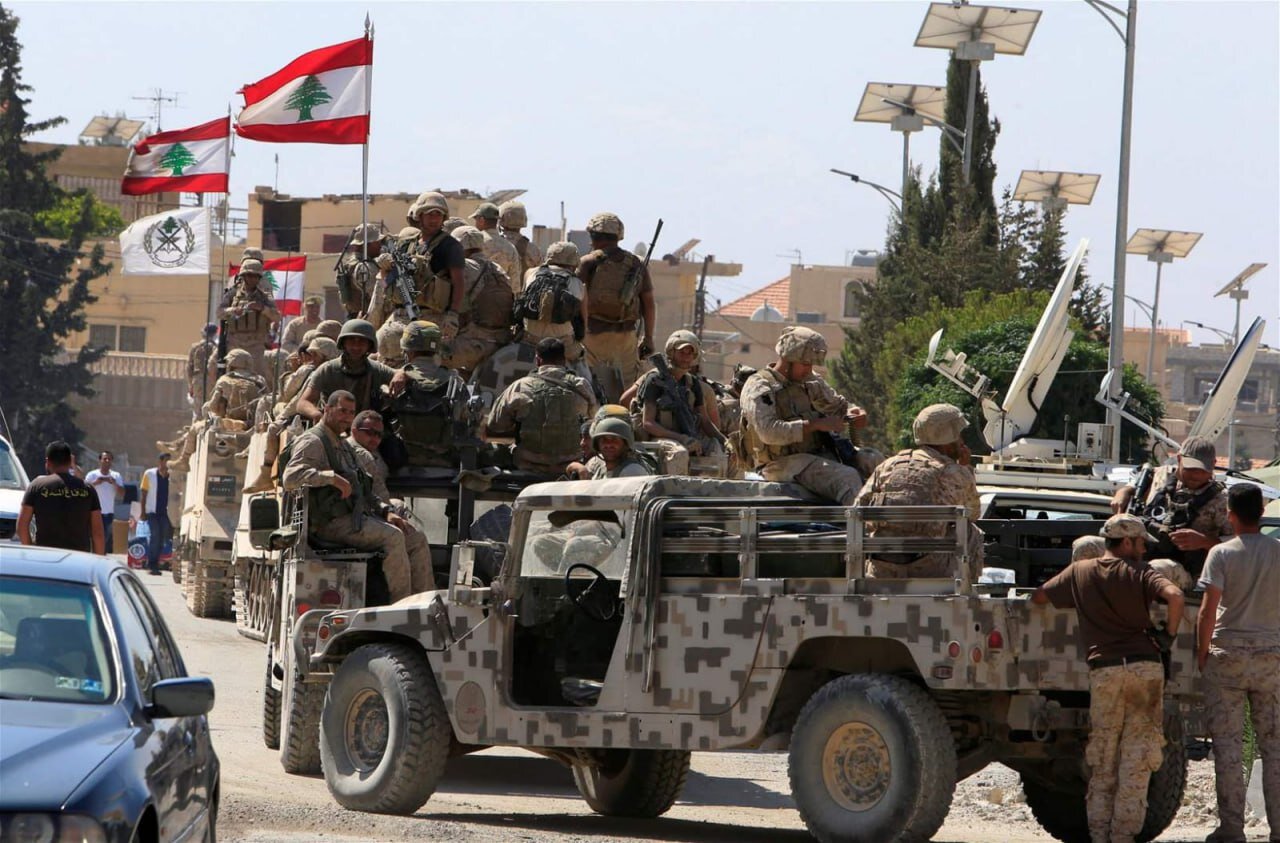US pushing Lebanon into chaos under guise of financial and security support

BEIRUT—Recent developments reveal that Lebanon is being forcibly pushed down a dangerous path, as the United States works to transform the Lebanese Army from a national institution into a tool within its regional program aimed at disarming Hezbollah.
Reuters quoted sources in Washington and Beirut as saying that the administration of President Donald Trump had agreed to provide $230 million to the army and internal security forces.
This move, it said, aims to “support Lebanese sovereignty and implement Resolution 1701,” but is essentially an attempt to pit the military against Hezbollah.
The funding, which arrived quickly before the end of the US fiscal year, was allocated mostly to the army ($190 million), with the remainder to internal security.
This will enable these forces to assume internal security duties and open the door to involving the army in sensitive matters related to the Resistance’s weapons.
U.S. envoy Thomas Barrack publicly stated that Israel “does not recognize red lines” and will intervene whenever it feels threatened.
He emphasized that Washington will not deploy its forces to protect Lebanon, but will leave it to the Lebanese Army to confront Hezbollah!
Barrack’s statement was not merely a description, but rather the announcement of a clear plan to place the army at the heart of the conflict. It is the only body capable of disarming the Resistance, according to the American vision, despite everyone’s awareness that this course of action opens the door to civil war.
At the same time, the U. S. State Department increased pressure through the “Rewards for Justice” program, announcing a $10 million reward for any information on Hezbollah’s funding networks.
This campaign is paralleled by political and media incitement claiming that the Resistance receives approximately $60 million per month to rebuild its forces.
This campaign is not separate from the prelude to a broad Israeli intervention. It represents the financial and legal face of a comprehensive war that seeks to stifle the Resistance before any direct military confrontation.
Reports circulating in Beirut confirm that Israel has given Lebanon a deadline of no more than two months to take action against Hezbollah, otherwise it will resort to a field escalation that could escalate to a ground operation as far as the Awali River.
At the same time, American pressure is complemented by a broader plan targeting reconstruction and foreign funding. The plan prohibits the flow of any funds for the reconstruction of southern villages except under conditions that ensure the removal of residents from their areas and the creation of a new border reality that serves the Israeli occupation regime.
More dangerously, Washington is making no secret of its intention to impose complete guardianship over Lebanon, by controlling key security, financial, and administrative decision-making processes: from the Central Bank, customs, and taxes to military and judicial appointments.
This project complements the regional effort to bring Lebanon into the so–called “Abrahamic Club,” i.e., the circle of normalization with the Zionist enemy, which effectively eliminates any possibility of an independent national role for the Lebanese state.
Friday’s Israeli raids on the forests of Nabatieh al-Fawqa and Mount Beaufort were a fiery message, confirming that the era of political and media threats is nearing its end, and that the enemy is preparing the ground to impose facts on the ground by force.
As for Washington, it is exploiting this pressure on the ground to tell the Lebanese that the only solution is to “hand over weapons through the army,” meaning to push the national institution into an all-out internal battle.
The bottom line is that Washington is seeking to embroil the Lebanese army in internal strife under the guise of “supporting sovereignty,” while its true goal is to disarm the Resistance, paving the way for Lebanon to be drawn into normalization and complete subordination.
Lebanon today faces a fateful moment: either reject American dictates and hold the army responsible for protecting the nation, not targeting it from within, or slide into civil chaos, a prelude to a larger Israeli project intended to change the face of the region and the entire Lebanese society.
